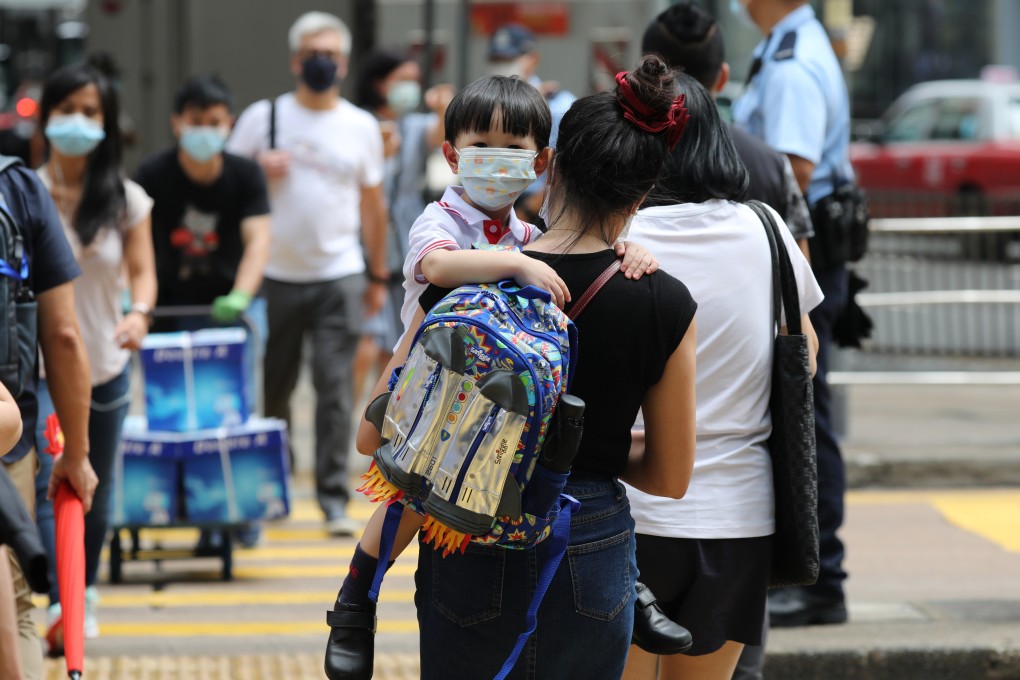Letters | Extending vaccine pass to Hong Kong children is not the way to overcome parents’ vaccine hesitancy
- Readers discuss the impact of the vaccine pass scheme expansion on children and low-income households, and health consequences of the mask mandate

A move to lower the age limit raises serious concerns for children’s rights and welfare. It would bar some children from engaging in activities that are essential to their development, and have the effect of shrinking their family and social lives further. This is within a context where schoolchildren have already been barred from taking part in many extracurricular activities in school.
Researchers have warned that lockdowns, school closures, virtual learning, disruption of social connections, lack of play spaces and activities – to name but a few challenges – could result in a lost generation with delayed physical, mental and academic development. This is particularly true for children with special needs and children in poverty. The practicability of issuing vaccine pass at such young age should also be carefully studied.
The proposed measure also raises child care and protection concerns. Parents normally will bring along young children when grocery shopping in public wet markets. We worry that as a result of the vaccine pass move, some young children may be left at home alone, risking their safety.
Besides, children at this young age normally do not have their own phone. It is also impractical to ask them to carry paper proof with them wherever they go. Asking families to buy extra phones for this purpose creates a huge burden on low-income families. It is particularly harsh for families with more than one child.
The world and the local health authorities have always emphasised that vaccination against Covid-19 is an effective way to reduce the occurrence of severe disease and mortality. We support vaccination but there are more effective measures to encourage vaccination, and it is not the only means of preventing the spread of the virus. Simply lowering the age threshold of the vaccine pass would not be an effective way to relieve the concerns of parents with vaccine hesitancy.